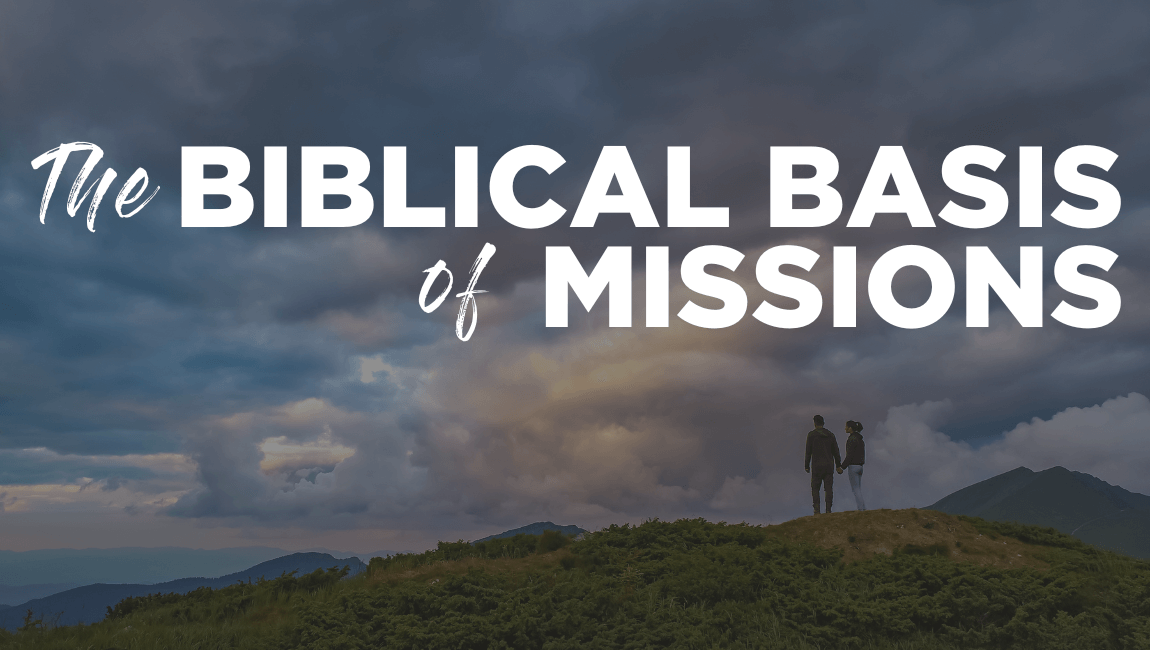February 14, 2025
We often take for granted the fact that we can easily access Scripture. Not only do we have God’s Word in our language, but we have multiple translations, and easy, immediate access at all times. Yet so much of the world still has no copy of God’s Word in their own language. With over 7,000 languages spoken around the world, it’s shocking to think that only 733 of them have the complete Bible translated into their language. The impact of Bible translation is profound. Having access to the Bible in one's own language allows people to connect more deeply with God and understand His Word. The translation process is complex, though, and involves not only linguistic skill but also deep understanding of theology, culture, and historical context. The History of Bible Translation The history of Bible translation stretches back to ancient times. One of the earliest and most well-known translations is the Septuagint , a Greek translation of the Hebrew Scriptures created around the 3rd century BCE. As Christianity spread across different regions of the world, the Bible needed to be translated into new languages to make it accessible to people of various cultures. One of the most famous translations was St. Jerome's Latin Vulgate in the 4th century, which became the standard Bible for the Western Church for many centuries. As time progressed, more translations followed, particularly during the Protestant Reformation in the 16th century, when Martin Luther’s German Bible and William Tyndale’s English Bible made the Scriptures available to the common people. Today, at least parts of the Bible have been translated into over 3,000 languages, making it the most translated book in history. However, there are still thousands of languages without a complete translation of the Bible, so the work continues. The Translation Team: Collaboration and Expertise Bible translation is not a solo endeavor. It typically involves a team of people with different expertise. Translators must be fluent in both the original biblical languages (primarily Hebrew, Aramaic, and Greek) and the target language. They also need to have a deep understanding of the culture and worldview of the people they are translating for. Cultural understanding is critical because languages are not just about words—they carry with them cultural nuances and meanings that must be conveyed accurately. The team often includes linguists, theologians, Bible scholars, and community members. Theologians ensure that the translation is doctrinally sound and faithful to the original text, while linguists focus on the grammatical and syntactical challenges. The involvement of the local community is also essential to ensure that the translation resonates with the everyday experiences and idiomatic expressions of the target language speakers.






